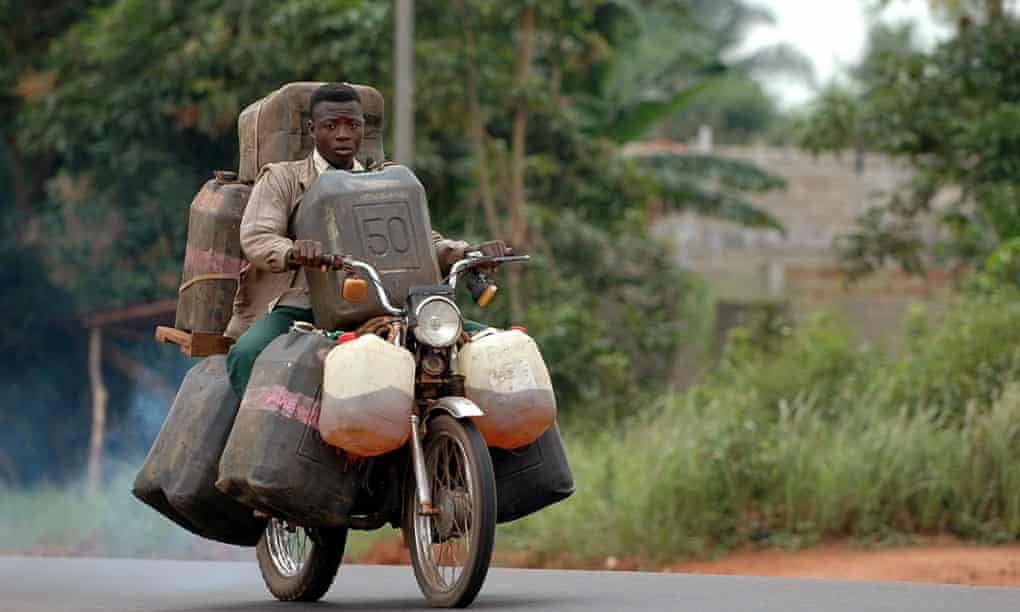Cutting Down Energy Poverty in Africa still Crucial
Executive Summary
While the developing world is ramping up with decarbonization projects, over one billion people still don’t have access to basic energy supply

“While the developing world is ramping up with decarbonization projects, over one billion people still don’t have access to basic energy supply. Over 600 million people in sub-Saharan Africa fall in this bracket,” Bimbola Kolawole, Senior Business Development Africa, Rystad Energy stated during a Rystad Talks Energy webinar on Thursday 27 January.
Accordingly, despite the importance of the energy transition, energy poverty in Africa remains a significant challenge, and one that requires immediate attention.
“There are three action points to solve this issue in Africa,” Kolawole added. “Firstly, we need to understand what energy poverty is all about. Secondly, we need to understand that there is no fast and easy approach to ending energy poverty. Africa’s population is booming and so government and institutional involvement is important. Thirdly, Africa only emits 1.5% of global emissions. Therefore, the concerns of climate change are a global issue, and for Africa to industrialize, we need to fix this issue. Africa cannot use the same approach as the west.”
She highlighted that solving energy poverty requires a multi-resource approach, whereby oil, gas and renewables are used simultaneously rather than competitively. This way, Africa can ensure a gradual transition to a clean energy future while energy access is increased.
“Unfortunately, the pledges made in Paris, even if they are honored, are not even close to what is needed. We need to get past the thought that specific resources are the solution. They are all wedges in the solution. We have to make sure we are lifting people from poverty to prosperity,” stated Dr. Scott Tinker, Chairman of Switch Energy Alliance and Director of the Bureau of Economic Geology.
Meanwhile, as African countries prioritize clean energy solutions, the role of natural gas as a transitory resource has been emphasized. Specifically, representing a relatively cleaner fuel, as well as a widely available resource, gas offers critical solutions to Africa’s energy crisis. With the European Union’s decision to label certain gas projects as green, heightened investment and development can be expected across the continent, enabling stakeholders to address energy poverty effectively.
“If we want to look at a solution, we need to make sure we create the energy we need immediately and use the resources we have. We have to use all forms of energy we have. Climate change is a big problem, but we also have 600 million with no access to electricity and 900 million with no access to clean cooking. We should be able to use oil, natural gas, and in some stages coal. We need to move towards renewable energies and carbon capture but still continue to fight for poor people,” stated NJ Ayuk, Executive Chairman of the African Energy Chamber.

